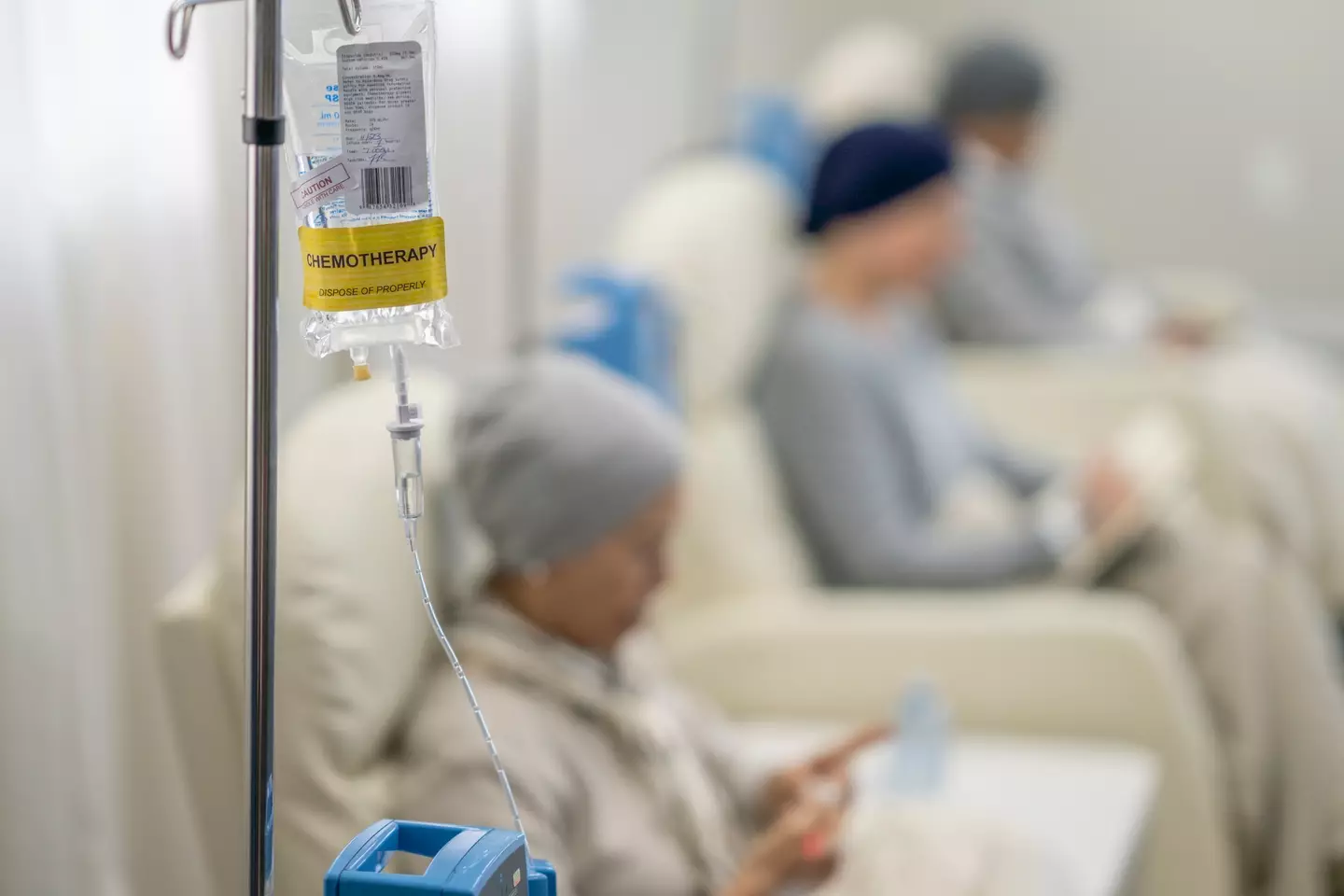
A pioneering new treatment for an aggressive form of cancer that is quadrupling in a certain age group is currently in development.
While in its early stages right now, this treatment could offer another lifeline to people who are diagnosed with pancreatic cancer.
This is especially relevant news for millenailas, as a recent study published in the Annals of Internal Medicine highlighted an alarming trend for this generation. Researchers found that diagnosis of this type of cancer has tripled in the US has quadrupled for those born between 1981 and 1989. Those born between 1976 and 1984 should be aware too, as cases have reportedly tripled.
What are the symptoms of pancreatic cancer?
Pancreatic cancer often develops silently and early symptoms can be vague, such as abdominal pain, unexplained weight loss, fatigue or loss of appetite. As it progresses, more obvious signs may appear, including jaundice - yellowing of the skin/eyes - dark urine, pale stools, and digestive problems.

Advert
Pancreatic cancer patients often have tumors that are too advanced for safe surgical removal, but not yet spread to other parts of the body. Usually, surgery offers the best chance of survival. But many patients are ineligible as their tumor is too big or in an awkward location. Average survival for 'locally advanced' pancreatic cancer is around 14 to 20 months.
New potentially revolutionary treatment for pancreatic cancer
Now, HonorHealth Research Institute in Scottsdale, Arizona, is pioneering a new treatment that could be even more effective
The treatment in question is called Acoustic Cluster Therapy (ACT) and involves PS101, a mixture of gas bubbles and oil droplets. PS101 is injected into the bloodstream, and a high-frequency ultrasound is applied around the pancreas tumor, causing PS101 to form larger ACT bubbles that lodge in tiny blood vessels near the tumor.

Low-frequency ultrasounda are also used, which makes these bubbles oscillate, boosting delivery of chemotherapy directly into the tumor. The bubbles eventually dissolve harmlessly into the blood. So, it shrinks tumor enough that patients may become eligible for surgical removal.
Erkut Borazanci, M.D., medical director of the Research Institute’s Oncology Research Division said: "This process increases the amount of drug that reaches the tumor, increasing its effectiveness, without increasing the amount of drug affecting the rest of the body, where it potentially could cause systemic toxicity.

"If the patient’s tumor shrinks, these patients then might be candidates for surgical removal of the tumor, which gives them the best chance for survival."
So, the more chemo that reaches the tumor, the more effective the treatment can be - without raising toxicity elsewhere in the body.
The treatment has been piloted and is due to be presented at the AACR conference on Advances in Pancreatic Cancer Research at the end of September.
Right now, it’s experimental and investigational, but the hope is that this innovative method will eventually provide a new pathway to surgery - and survival - for people with locally advanced pancreatic cancer.